Tuition Cambridge Checkpoint English, OL, Literature

Tuition: Cambridge Checkpoint English For Grade 6,7 & 8
Paving the way to an ‘A*’ in Cambridge OL & AL English Language
bunpeiris
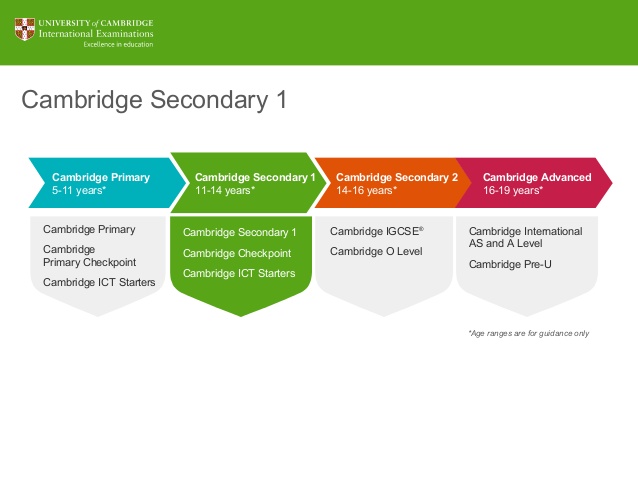
Tuition: Cambridge Checkpoint English grade 6,7,8, Cambridge OL English & Cambridge Literature in English OL/AL with bunpeiris of Moratuwa at Kandana. 0777 1000 60 bunpeiris@gmail.com
Cut the path to Cambridge OL English Language [1*] beginning with grade 6
[Age 11-14]: plan for A* in Cambridge International examinations GCE Ordinary Level English Language.
Cambridge Secondary 1 Checkpoint test: English as a second language
The tests are marked in Cambridge and provide schools with an external international benchmark for learner performance. Each learner receives a statement of achievement and a diagnostic feedback report, giving schools detailed information and parents extra trust in the feedback they receive.
Checkpoint Examinations by Cambridge: May and October
Cambridge Secondary 1 English as a Second Language Checkpoint test: Study Course Books
Cambridge Checkpoint English (grades 6,7 & 8) for English, English as a Second Language; Age 11-14 (Key Stage 3) Cambridge International Examinations, Cambridge Secondary 1
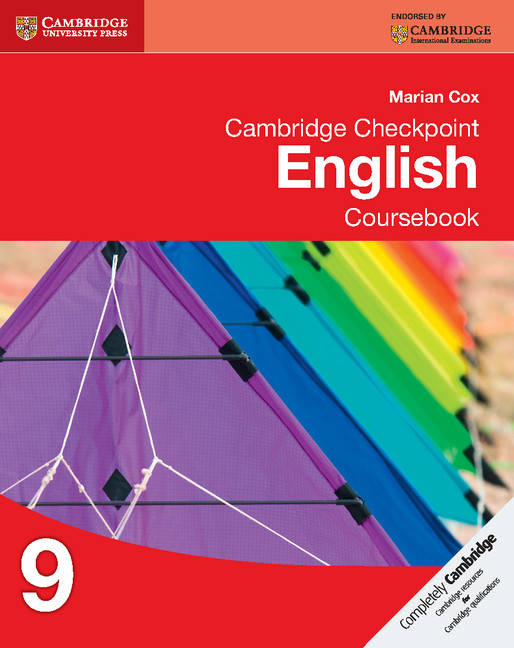
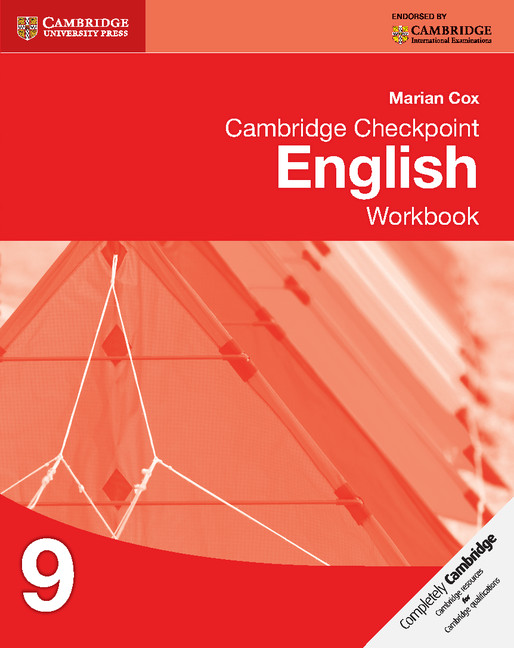
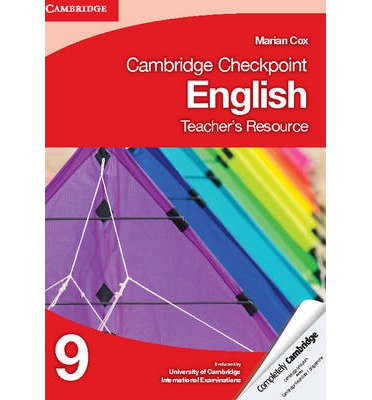
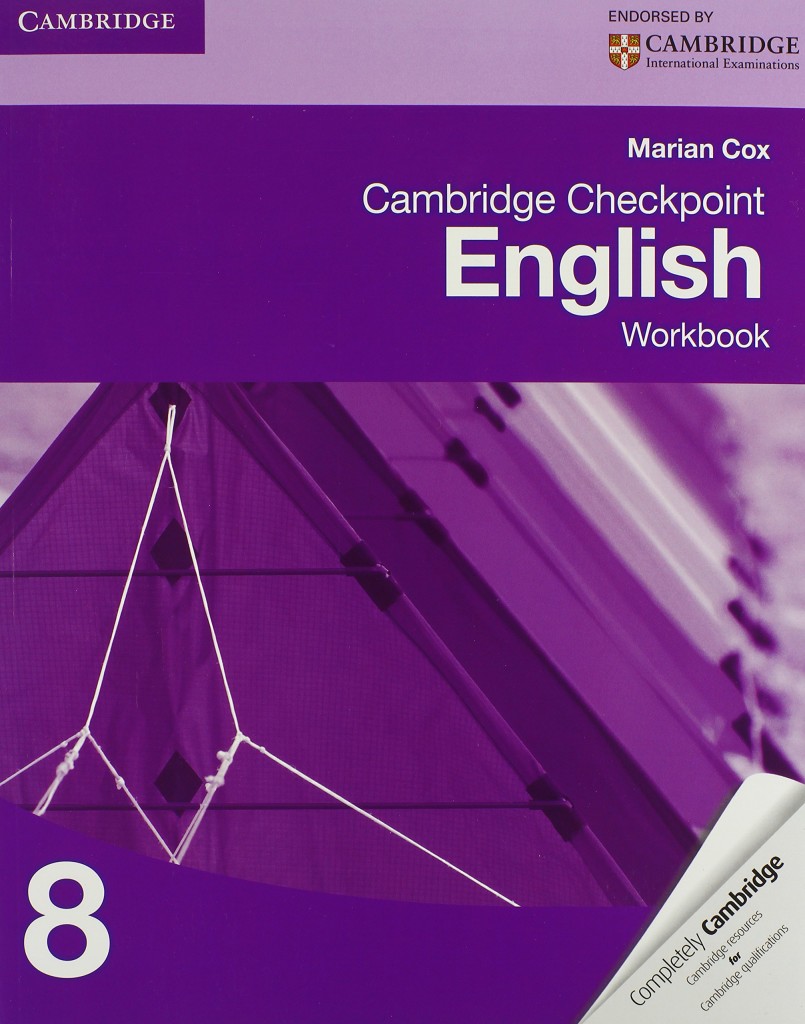
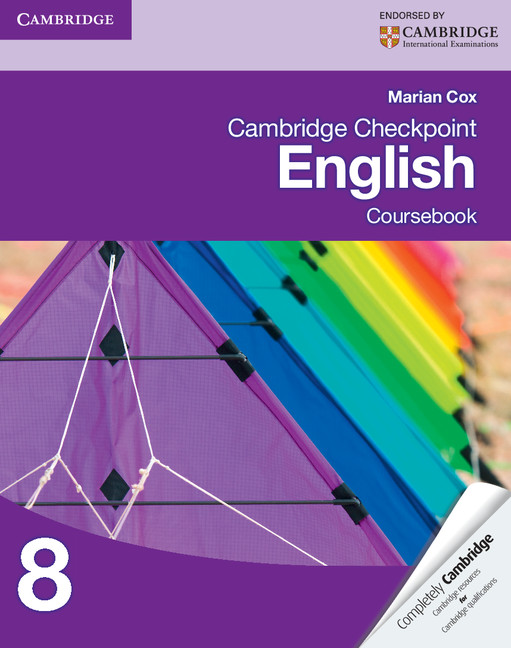
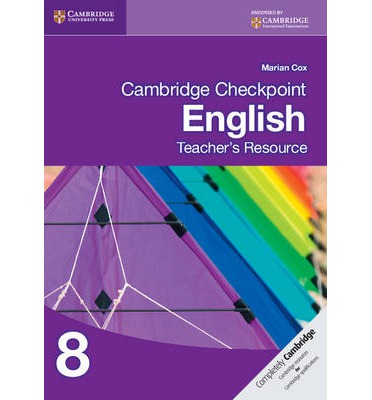
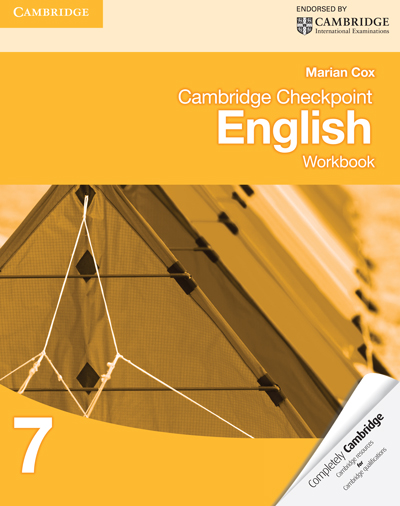
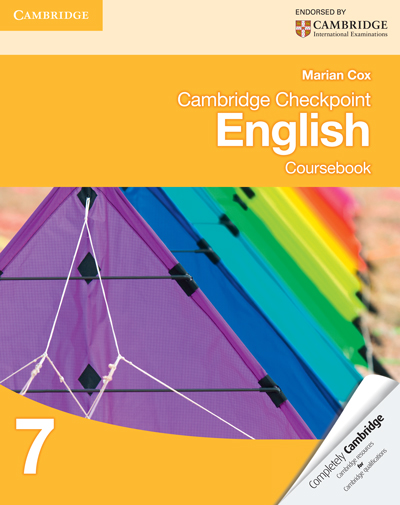
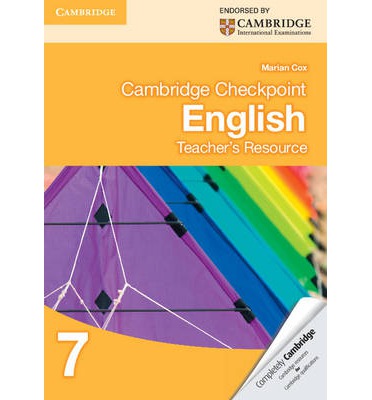
Above is a series of Cambridge English Study Course Books for grade 6,7 & 8 adopted by some of Sri Lanka’s International Schools. [Note the image of a turning page with a chic label “Completely Cambridge”]
However above course books are designed for the seamless progress into the next key stage of Cambridge IGCSE First Language English [International General Certificate of Secondary Education] & not precisely for the Cambridge OL courses conducted in most of the International Schools in Sri Lanka. However, these wouldn’t do any harm. On the contrary, these course books would assist our cause to a great extent.
Indeed there are differences between Cambridge IGCSE & Cambridge O Level
Cambridge IGCSE and Cambridge O Level are equivalent qualifications grade for grade.Cambridge O Level offers fewer coursework options than Cambridge IGCSE.The focus of Cambridge O Level languages is on writing and reading skills.
(These constraints are advantageous to some teaching Centres where resources are limited, for example no oral examiner is available.
cie.org.uk
Following is another series of Cambridge Study Course Books adopted by some other International Schools of Sri Lanka.[As being revealed by the Peeping Tom eye-catching label “Completely Cambridge”]
Cambridge Global English (7 & 8) for English, English as a Second Language; Age 11-14 (Key Stage 3) Cambridge International Examinations, Cambridge Secondary 1
Cambridge Global English (7-8) is a lower Secondary course following the Cambridge Secondary English as a Second Language Curriculum Framework developed by Cambridge English Language Assessment. The course is also aligned with the Common European Framework of Reference [CEFR]. [*2]
education. cambridge.org
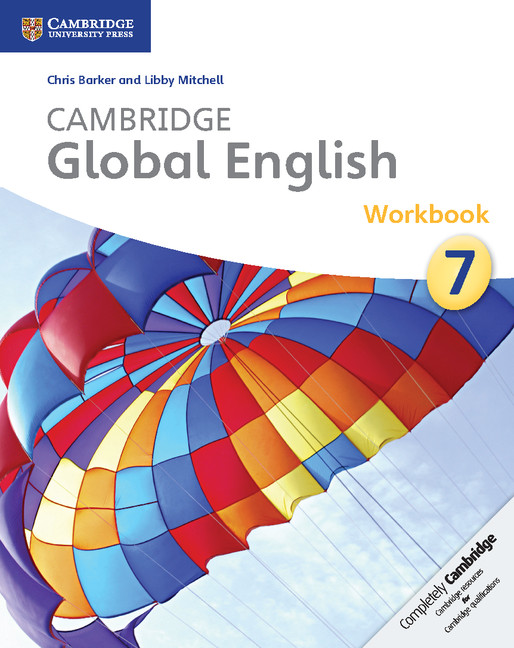
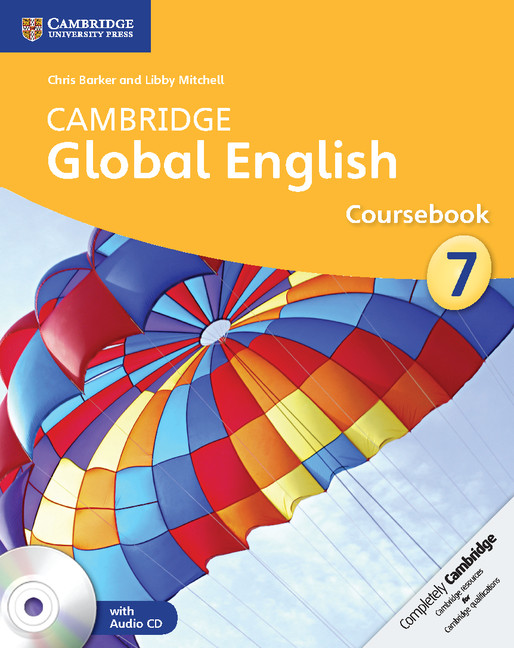
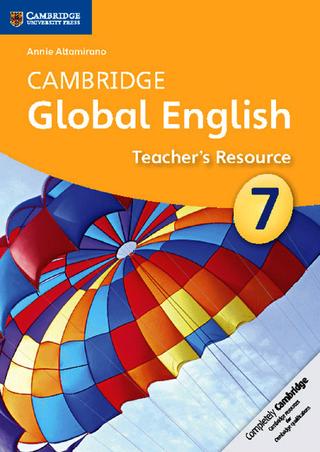
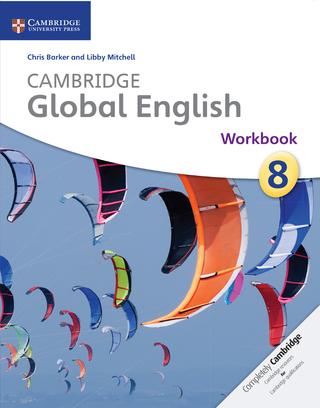
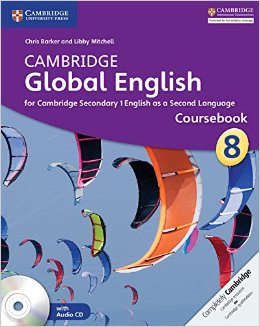
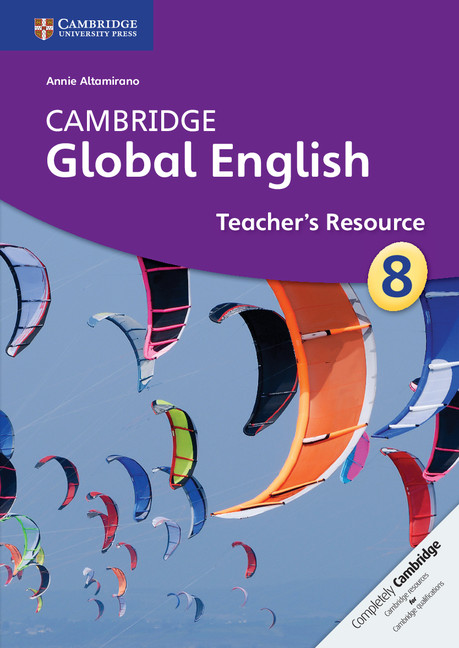
Cambridge Global English Stages 7 and 8 follow the Cambridge Secondary 1 English as a Second Language curriculum framework. Cambridge Global English course has been developed to provide comprehensive support for learners of English as a Second Language at Secondary 1 level. The series takes an active, creative, ‘learning to learn’ approach that encourages clear and fuent communication in English. Stages 7 and 8 lay the foundations for learners who may choose to prepare for Cambridge IGCSE English as a Second Language.
Cambridge Global English titles have not gone through the Cambridge endorsement process, as they follow the curriculum framework developed by Cambridge English Language Assessment.
education. cambridge.org
Emphasis is placed on developing
[a] Macro-skills: listening, speaking, reading and writing skills
[b] Vocabulary development and language awareness.
Special Features:
[a] Collaborative learning is encouraged through group activities and project work.
[b] Learners are exposed to a range of vocabulary with opportunities for using language in
personalised, meaningful ways
[c] developing the English language skills they will need to access classroom materials
across other subjects.
Not Cambridge
The series of Nelson English study course books aren’t endorsed “Completely Cambridge”. Nelson English series doesn’t carry the label “Endorsed by Cambridge” either. But the Nelson books are delightful: learners enjoy fiction as well as non-fiction therein. Teachers with a literary bent, who love to narrate stories, with Nelson books in hand, hold the whole class enthralled. For this reason alone, I have no hesitation in forgiving the International Schools, which still carry on with Nelson series. And remember, English isn’t owned by Cambridge. It’s all yours, if you can handle a hot stuff. I’ll come back another day and tell you why I say English Language is oven-fresh forever. bunpeiris
Endorsed by Cambridge
Following series of Cambridge English study course books for Cambridge Secondary 1 are “Endorsed by Cambridge” to support Cambridge Checkpoint English examination. These are used as supplementary materials for quick learners who can keep up pace to study a couple of parallel series of books.
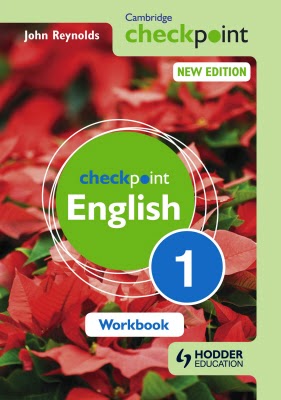
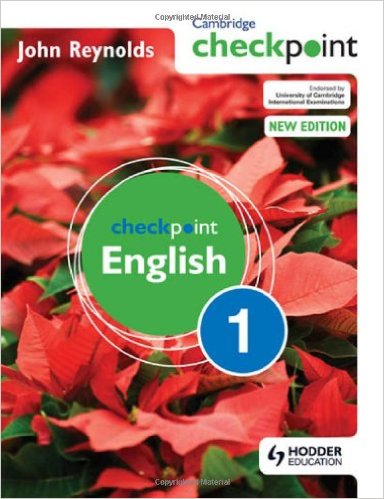
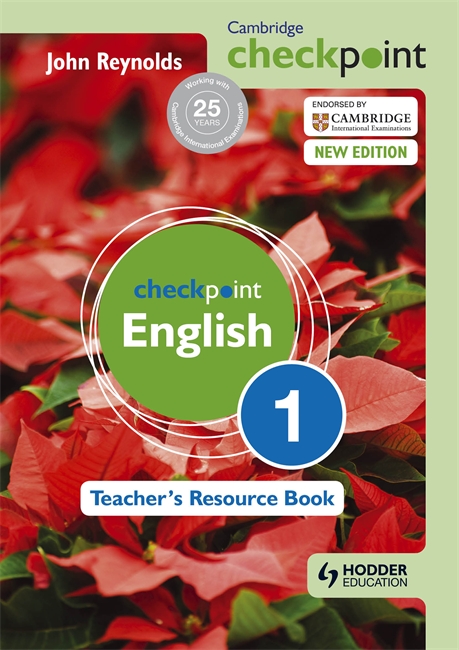
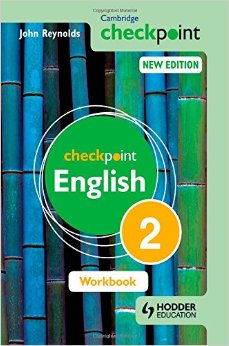
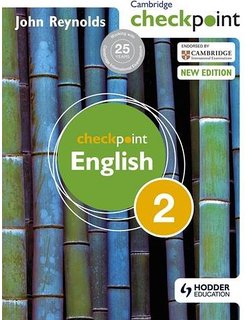
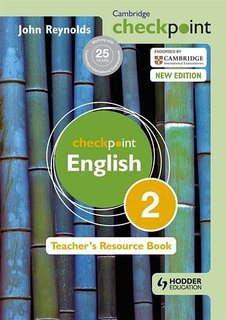
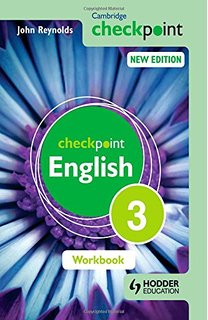
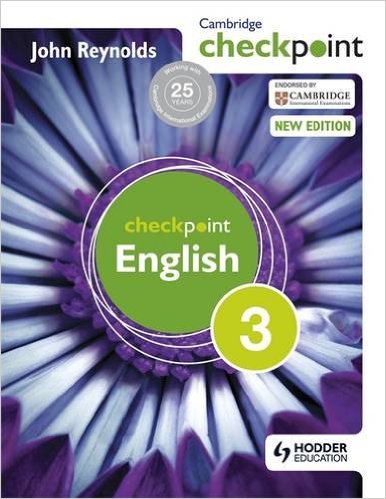
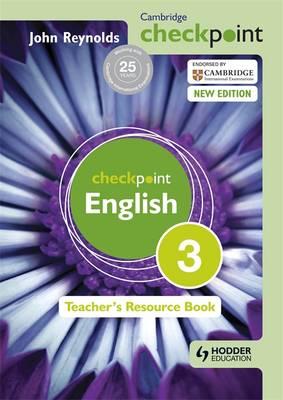
Cambridge Primary Checkpoint examinations too are conducted by Cambridge for grade
1 to 5. Cambridge Checkpoint series of books are available for primary grades too. Following is a diagram depicting Cambridge examinations flow of Cambridge Primary Checkpoint, Cambridge Secondary Checkpoint, Cambridge OL & Cambridge AL.
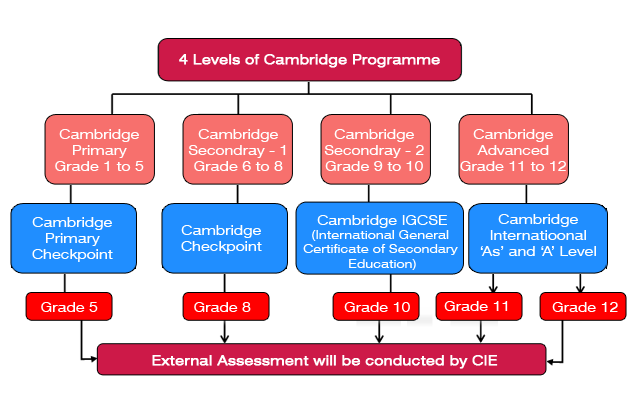
Cambridge Examinations Grade 1 to 12
TUITION:
[a] Cambridge Checkpoint English -Grade 6,7 & 8
[b] Cambridge OL English
[c] Cambridge OL Literature in English
[d] Cambridge AL Literature in English
with bunpeiris of Moratuwa at Kandana 0777 1000 60 bunpeiris@gmail.com
Stand Out Among The Literary Elite: Study English Language & Literature with bunpeiris
High quality intensive English Language & Literature classes grade 6 onwards to OL & AL at Kandana





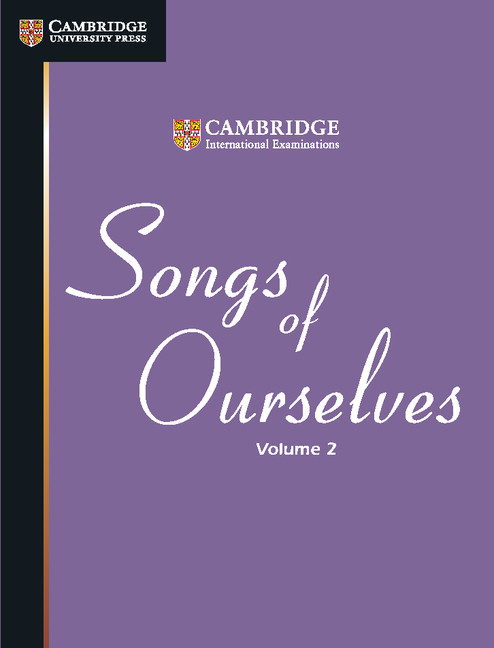
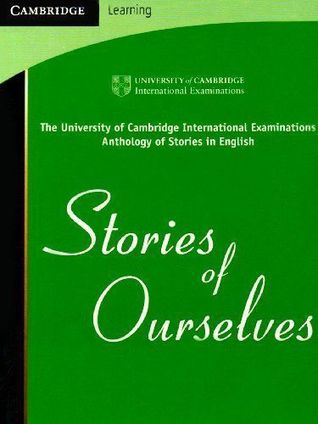
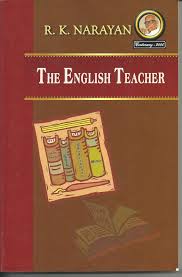
Following are some of the course books for Cambridge IGCSE. The quick learners who would love to enjoy additional materials may study any of these too for a broader knowledge in English language and literature.
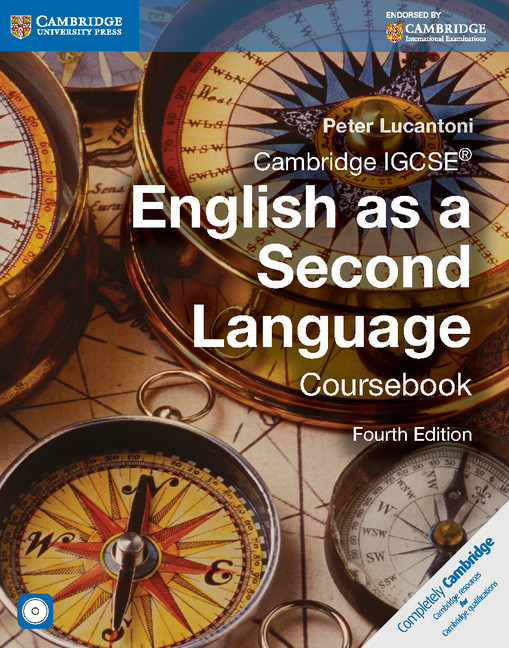

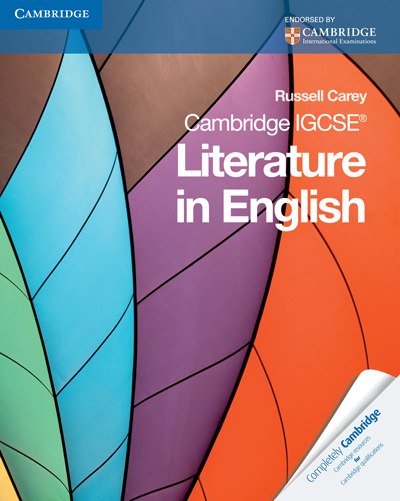
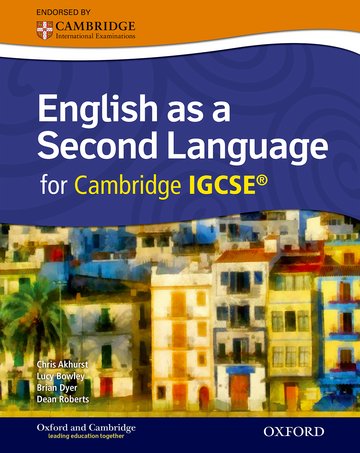
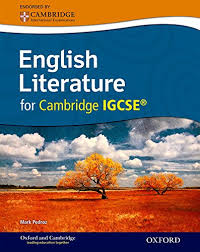
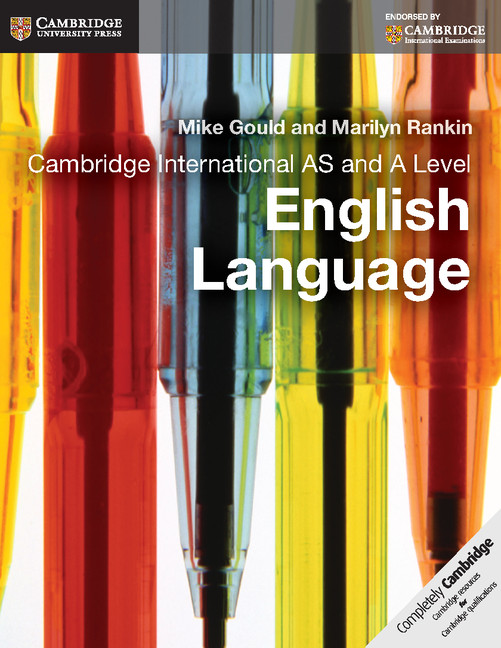
Footnotes
[1*] Cambridge O Level English Language (1123)
The Cambridge O Level English Language syllabus enables learners to communicate accurately, appropriately and effectively and to understand and respond appropriately and imaginatively to what they read and experience. They will employ different forms of writing to suit a range of purposes and will show that they can understand the content and argument of given texts.
Cambridge O Level
Cambridge O Level is an internationally recognised qualification equivalent to Cambridge IGCSE and the UK GCSE. Cambridge O Level provides students with excellent preparation for academic progression to Cambridge Advanced studies as well as other progression routes mentioned above. As with Cambridge IGCSE, students can take any combination from a range of over 40 subjects. Passing grades for Cambridge O Level are A*–E, with A* being the highest. U is Ungraded. For more information and a list of subjects offered within Cambridge O Level
www.cie.org.uk/olevel
Cambridge IGCSE English – First Language (0500)
Cambridge IGCSE First Language English is designed for learners whose first language is English. Cambridge IGCSE First Language English learners develop the ability to communicate clearly, accurately and effectively in both speech and writing. They learn how to employ a wide-ranging vocabulary, use correct grammar, spelling and punctuation, and develop a personal style and an awareness of the audience being addressed.
Learners are also encouraged to read widely, both for their own enjoyment and to further their awareness of the ways in which English can be used. Cambridge IGCSE First Language English also develops more general analysis and communication skills such as synthesis, inference, and the ability to order facts and present opinions effectively.
Cambridge IGCSE English – First Language (UK) (0522)
Cambridge IGCSE First Language English is designed for learners whose first language is English. Cambridge IGCSE First Language English learners develop the ability to communicate clearly, accurately and effectively in both speech and writing. They learn how to employ a wide-ranging vocabulary, use correct grammar, spelling and punctuation, and develop a personal style and an awareness of the audience being addressed.Learners are also encouraged to read widely, both for their own enjoyment and to further their awareness of the ways in which English can be used. Cambridge IGCSE First Language English also develops more general analysis and communication skills such as synthesis, inference, and the ability to order facts and present opinions effectively.
Cambridge IGCSE
Cambridge IGCSE® Cambridge IGCSE is the world’s most popular international curriculum for 14 to 16 year olds. Cambridge IGCSE encourages student-centred and enquiry-based approaches to learning. It also develops skills in creative thinking, enquiry and problem solving, giving students excellent preparation for higher-level courses such as Cambridge International AS & A Levels, the Cambridge Advanced International Certificate of Education (Cambridge AICE) Diploma, Cambridge Pre-U, the North American Advanced Placement Test and the International Baccalaureate diploma.
Schools can offer any combination of subjects. Each subject is certificated separately. Over 70 subjects are available, including more than 30 language courses, and they are suitable for learners of different abilities.
Cambridge IGCSEs are equivalent, grade for grade, with UK GCSE qualifications. Passing grades for Cambridge IGCSE are A*–G, with A* being the highest. U is Ungraded. There is a group award called Cambridge ICE which is comprised of Cambridge IGCSEs from five different curriculum areas. It is awarded to candidates who have passed IGCSEs in at least seven subjects: two from languages, and at least one each from humanities and social sciences; sciences; mathematics; and creative, technical and vocational. For more information and a list of subjects offered within Cambridge IGCSE.
www.cie.org.uk/igcse
[*2] Common European Framework of Reference [CEFR]
The Common European Framework (CEF)
The Common European Framework (CEF) What is the Common European Framework? (CEF) Since the early 1970s, a series of Council of Europe initiatives has developed a description of the language knowledge and skills that people need to live, work and survive in any European country. Waystage 19901 , Threshold 19902 and Vantage3 detail the knowledge and skills required at different levels of ability. In 2001, the contents of these documents were further developed into sets of ‘can do’ statements or ‘competences’ and officially launched as the Common European Framework of Reference for Languages: Learning, teaching, assessment (CEF)4. www.cambridge.org
The Common European Framework Reference (CEFR)
The Common European Framework Reference (CEFR) 
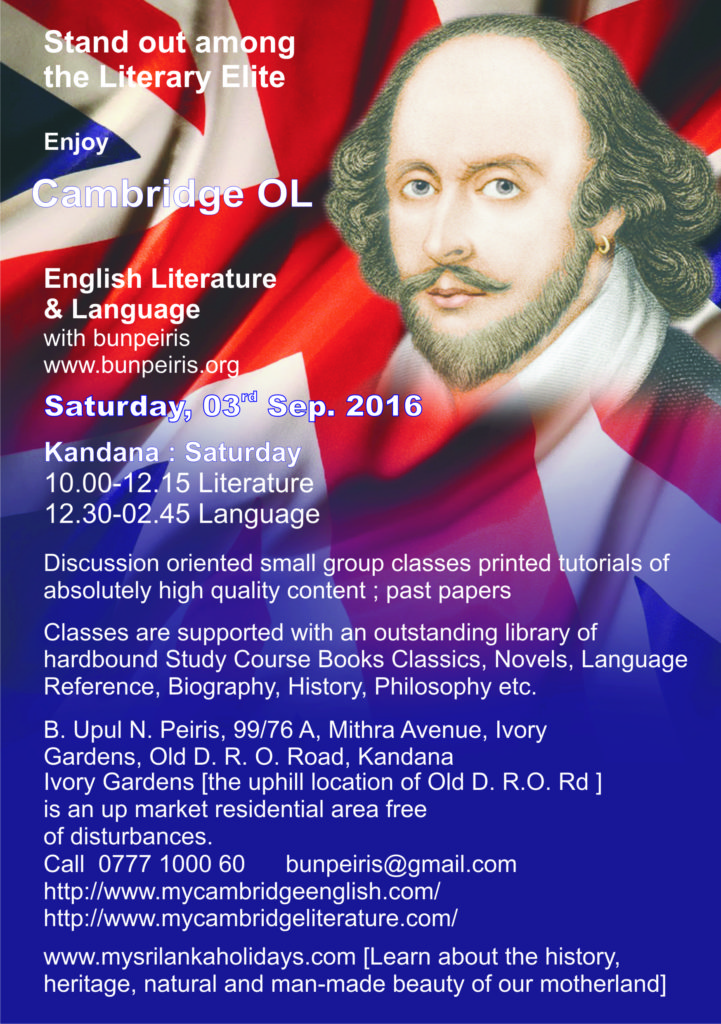
Cambridge “Literature In English” Tuition by bunpeiris at Kandana

Tuition English Language Cambridge
